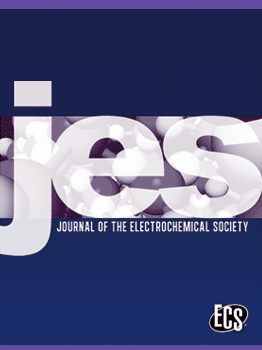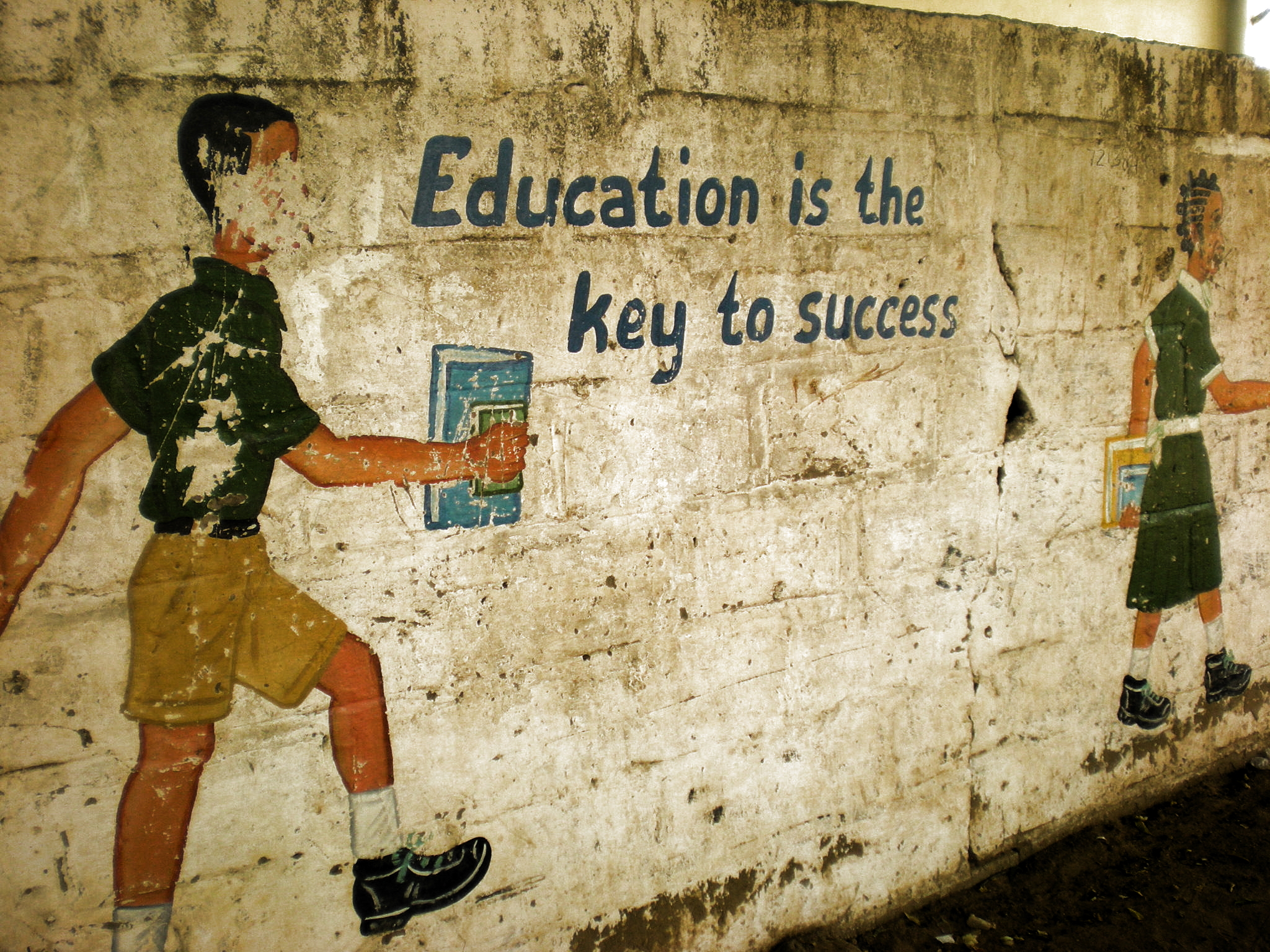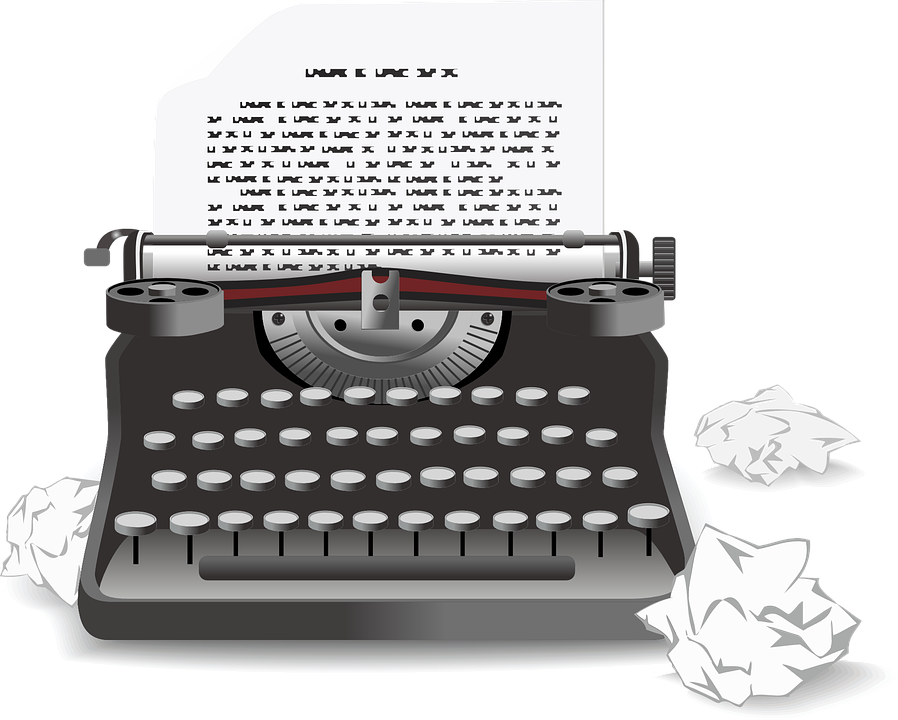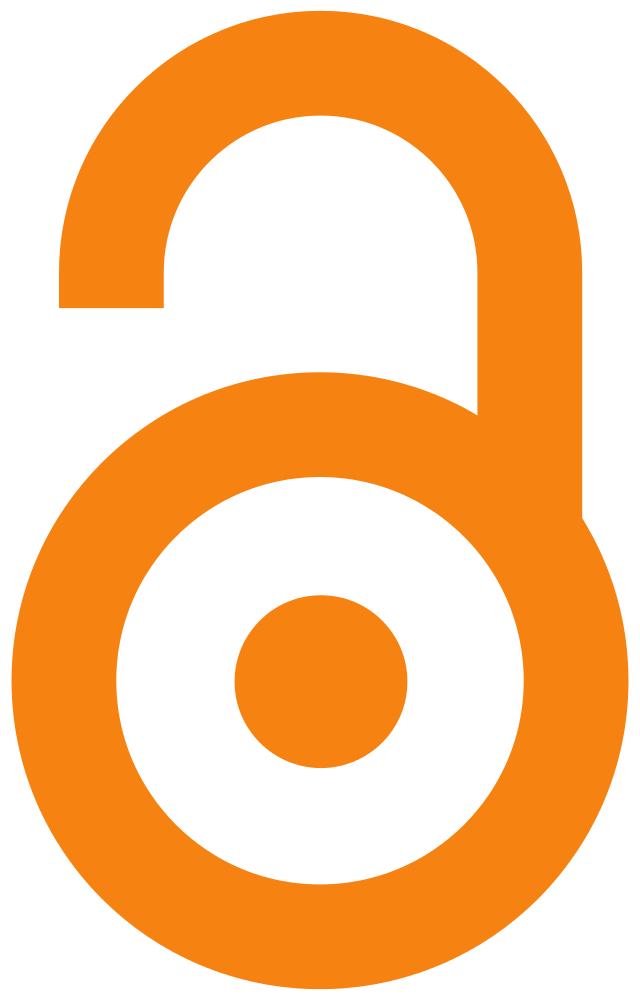 Scholarly publishing news has been buzzing about 1science’s recently published large-scale study on the impact of Open Access. This study analyzed more than 3 million papers and found that Open Access papers have a 50% greater citation advantage than papers in subscription-based journals.
Scholarly publishing news has been buzzing about 1science’s recently published large-scale study on the impact of Open Access. This study analyzed more than 3 million papers and found that Open Access papers have a 50% greater citation advantage than papers in subscription-based journals.
Meanwhile, ECS has also been performing its own (much smaller-scale) research to confirm this hypothesis. In May 2015, ECS launched a study, led by Daniela Solomon, a librarian at Case Western Reserve University, to examine the citation advantage for Open Access articles published in Journal of The Electrochemical Society (JES).
The study looks at both downloads and citations of articles published in a single volume of JES. This brief note outlines the results at the end of one year; however, we consider these results preliminary as we will continue to run the study for another year.
We will publish our findings again when the study closes: in the meantime we’d be interested in hearing your comments and thoughts on our findings so far.


 Children struggle to learn when they don’t have science labs and libraries. Learning becomes difficult in classrooms that are falling apart, or where children are expected to sit on the floor because they have neither desks nor chairs.
Children struggle to learn when they don’t have science labs and libraries. Learning becomes difficult in classrooms that are falling apart, or where children are expected to sit on the floor because they have neither desks nor chairs. There’s only one week left to enter ECS’s Open Access Week Competition! Don’t forget to
There’s only one week left to enter ECS’s Open Access Week Competition! Don’t forget to  NASA recently announced that all research funded by the space agency will be accessible to anyone looking to access the data at absolutely no cost.
NASA recently announced that all research funded by the space agency will be accessible to anyone looking to access the data at absolutely no cost. Here at ECS we are already preparing for
Here at ECS we are already preparing for 

